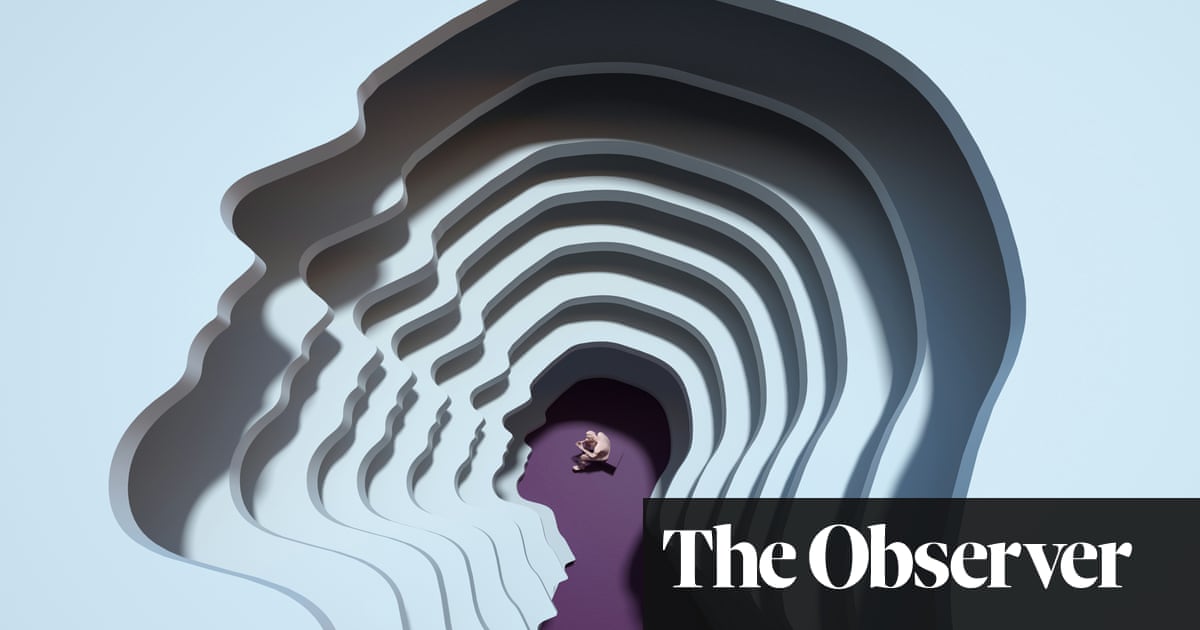Unveiling the Truth About Depression: Insights from Reviews
In "Breaking Through Depression," Philip Gold delves into the complexity of depression, rejecting the oversimplified view of it as mere sadness. He highlights depression's physiological impact, labeling it a 'total-body illness' that significantly reduces life expectancy. Gold argues that depression stems from a prolonged stress response that damages brain cells and neural networks, leading to a neurodegenerative state. On the other hand, Camilla Nord's "The Balanced Brain" explores diverse viewpoints on depression causes, emphasizing individual variations in experiences and immune responses. Nord discusses the potential role of bodily inflammation and cognitive biases in shaping depressive symptoms, advocating for tailored treatments based on immune system analysis. Both authors propose innovative treatments like psychedelic drugs and brain stimulation techniques to address depression's underlying mechanisms and restore brain connectivity.
تخصيص الملخص
إعادة الكتابة بالذكاء الاصطناعي
إنشاء الاستشهادات
ترجمة المصدر
إلى لغة أخرى
إنشاء خريطة ذهنية
من محتوى المصدر
زيارة المصدر
www.theguardian.com
Breaking Through Depression; The Balanced Brain – reviews
الرؤى الأساسية المستخلصة من
by David Robson في www.theguardian.com 09-10-2023
https://www.theguardian.com/books/2023/sep/10/breaking-through-depression-new-treatments-discoveries-for-healing-the-balanced-brain-science-of-mental-health-philip-gold-camilla-nord-reviews
استفسارات أعمق
